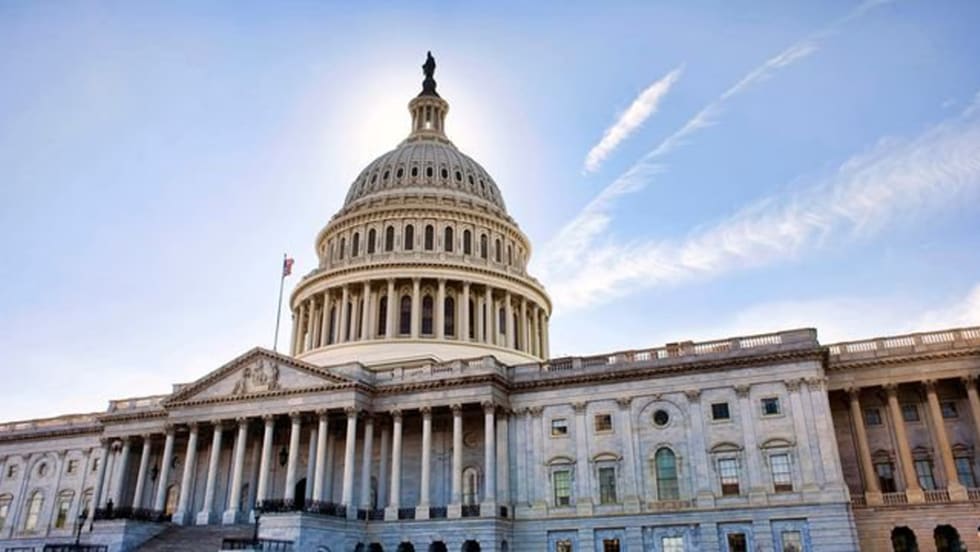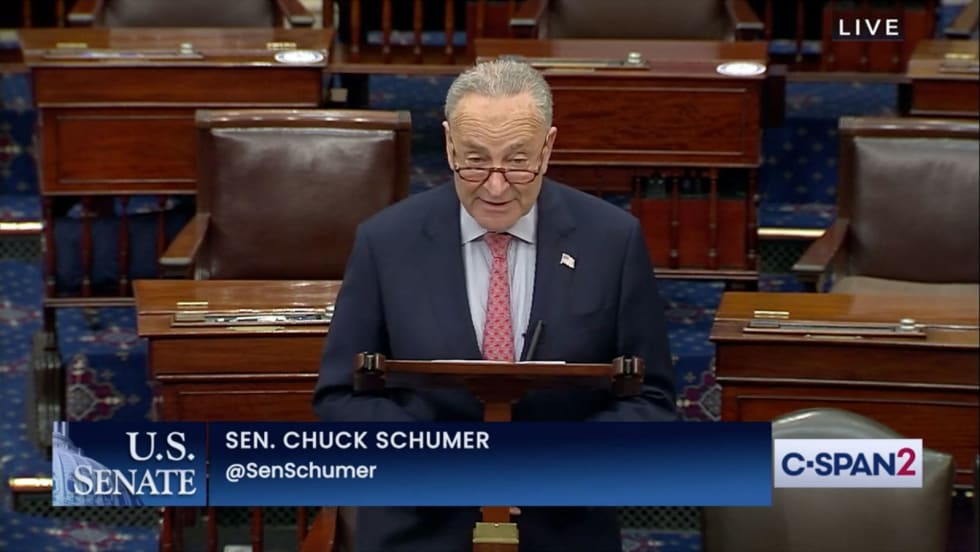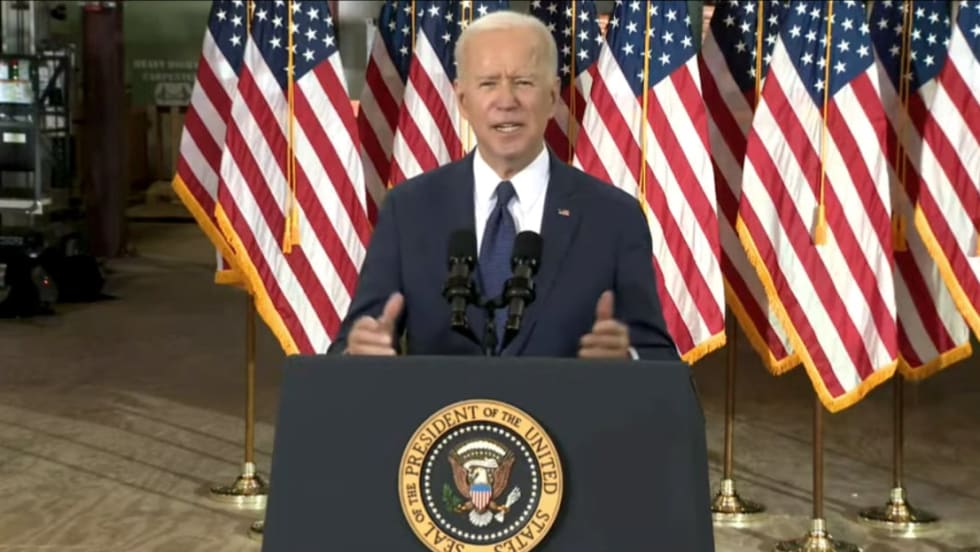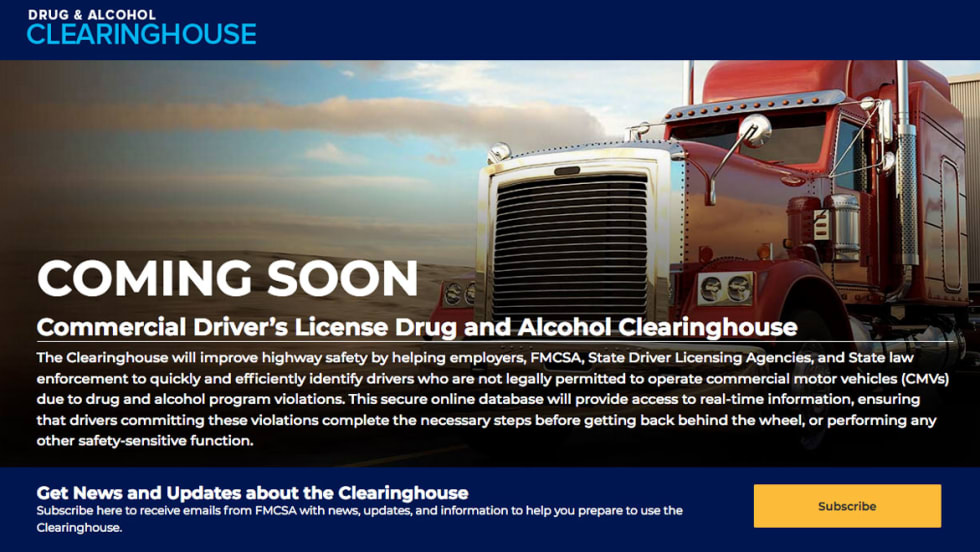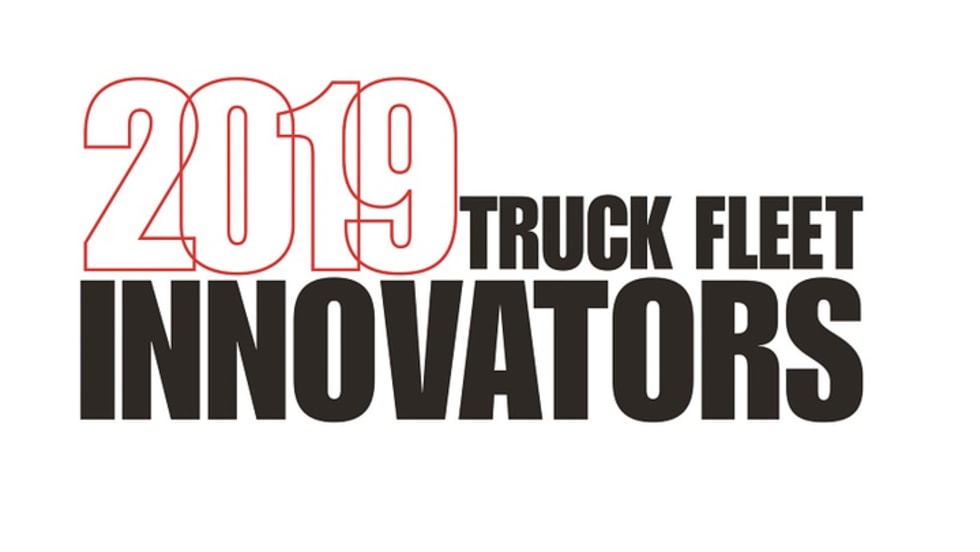Earlier this month, I closed out my travels for the year with a short stop in Washington D.C., during which I stopped by the Truckload Carriers Association to catch up with David Heller, the group’s vice president of government affairs and a member of the HDT Editorial Advisory Board.
Heller-- who knows public policy like the back of his hand, but can talk about it without “wonking” you out-- was game to share his informed speculations on what may be in store for trucking inside the Beltway next year.
He noted that at the time, which was before this week’s government shutdown rhetoric had reached a crescendo, “very little to nothing is happening [in D.C.]. Those who lost reelection are anxious to leave town.” That observation was borne out just days later by news reports of a veritable exodus of lame ducks.
While he is certainly hopeful that “the time for obstructionism is over,” Heller allowed that next year transportation funding— trucking’s top lobbying priority— will have to fight as hard as ever for elbow room at the table as “there are plenty of other issues on the national agenda, such as immigration reform.”
As for who will lead the committee that determines transportation policy in the Democratic-controlled House, Heller was upbeat on the naming of Rep. Peter DeFazio(D-OR) as chairman and of Rep. Sam Graves (R-PA ) as ranking member, which is the title held by the top minority member of a committee.
DeFazio, a member of the committee since 1987, has previously served as chairman or ranking member of four of the six subcommittees: Aviation, Coast Guard and Maritime Transportation, Highways and Transit, and Water Resources and Environment. He is credited in 2012 with helping shepherd through Congress the 27-month federal highway and transit spending bill known as MAP-21.
“The new chair, Peter DeFazio, is no stranger to trucking,” Heller told me. Noting that DeFazio “gets” the critical importance of replenishing the Highway Trust Fund, he pointed out that in a previous Congress, the lawmaker had himself proposed a one-cent hike in the federal fuel tax.
Riffing on that fact, Heller remarked that the members of TCA are “willing to pay more [in fuel taxes,] but we want to see an increase that going forward will be indexed to the rate of inflation to keep the HTF funded” down the road.”
He also made a case for the return on investment that fleets (and everyday motorists) can expect from paying more in fuel taxes: Less wear and tear on all vehicles— and less wear and tear on drivers, especially truckers.
Heller also observed that even as roads need to be repaired and new roads built, the resulting highway construction--- while essential for the long term— will in the short term increase traffic headaches for drivers. “That’s another reason why we need more flexible hours-of-service rules.”
The good news is that the Federal Motor Carrier Safety Administration is working on HOS reform and the trucking industry is “trying to partner with the agency” as it moves forward with its advanced notice of proposed rulemaking that may ultimately revise certain HOS provisions, said Heller.
The reform effort centers on a “pre-rule” that the agency issued back in August that seeks public comment on these four areas “under consideration for revision”:
Expanding the current 100 air-mile “short-haul” exemption from 12 hours on-duty to 14 hours on-duty, to be consistent with the rules for long-haul truck drivers
Extending the current 14-hour on-duty limit by up to 2 hours when a truck driver encounters adverse driving conditions
Revising the current mandatory 30-minute break for truck drivers after 8 hours of continuous driving
Reinstating the option for splitting up the required 10-hour off-duty rest break for drivers operating trucks that are equipped with a sleeper-berth compartment
“The greater flexibility around detention time that FMSCA provided for in its revised guidance on personal conveyance [issued in May] is a step in the right direction,” Heller said. The guidance focuses on why a driver is operating a commercial vehicle while off duty, whether or not it’s loaded at the time. That more liberal interpretation of personal conveyance enables drivers who run out of legal driving hours while delayed at a shipper or receiver to drive to the nearest reasonable safe place to park.
According to Heller, what’s more about HOS— and much more at that-- is that in 2019 “data will be king and help us to truly define for regulators how drivers deal with their daily lives on the road. The ELD rule is the ‘Moneyball’ of trucking,” he explained, alluding to the book (and later film) on how a baseball team began winning after developing an evidence-based approach to building its roster.
“Moneyball: The Art of Winning an Unfair Game” by Michael Lewis” (W.W. Norton & Company, 2003) reveals how despite being held back by a lowball budget from acquiring top talent, Billy Beane, general manager of the Oakland A’s, leveraged a data-rich “sabermetric” approach to quickly build the ball club into one of the top franchises in Major League Baseball.
As Heller explained it, “ELD data is showing that the hours of service rules written are not working.” He quickly added that by that he is “not talking about making the driver’s day longer, but finding ways to make it more efficient and therefore safer.”
The example he gave me was to picture the waste of time and effort that piles up when a truck driver spends hours in traffic jams. “Instead of that,” Heller suggested, “maybe the rules should be revised to allow a driver to wait out bad traffic by taking an hours-long nap.”





